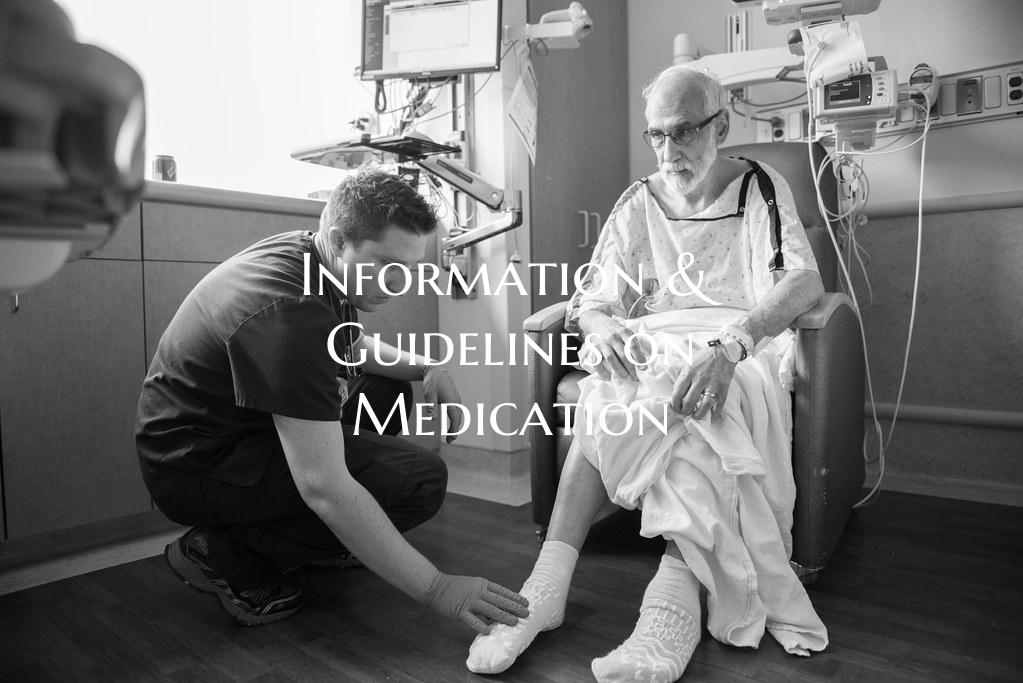
Information & Guidelines on Medication
Medications play a crucial role in managing various health conditions and improving overall well-being. Understanding the important information and guidelines related to medications is essential for their safe and effective use. Whether you are prescribed a new medication or are seeking information on how to properly manage your existing medications, it is important to be well-informed. Here are some key points to keep in mind when it comes to medication:
1. Consult Your Healthcare Provider: Before starting any new medication, it is important to consult with your healthcare provider. They can provide guidance on the appropriate use of the medication, potential side effects, and any interactions with other medications or conditions you may have.
2. Read the Prescription Label: When you receive a new medication, carefully read the prescription label and any accompanying instructions. Pay close attention to the dosage, frequency of administration, and any special instructions provided by your healthcare provider.
3. Understand the Purpose: Make sure you understand why you are taking the medication and how it is expected to help with your condition. If you have questions about the medication's purpose, don't hesitate to ask your healthcare provider for clarification.
4. Follow Dosage Instructions: It is important to take the medication as prescribed by your healthcare provider. Do not exceed the recommended dosage unless instructed to do so. Missing doses or taking too much can have negative consequences on your health.
5. Be Aware of Side Effects: All medications have the potential for side effects. Be aware of common side effects associated with your medication and monitor your body's response. If you experience any unexpected or severe side effects, contact your healthcare provider immediately.
6. Report Allergies and Sensitivities: Inform your healthcare provider about any allergies or sensitivities you have to medications or specific ingredients. This information is crucial in preventing adverse reactions.
7. Store Medications Properly: Make sure to store your medications in a cool, dry place as directed. Some medications may require refrigeration, so always check the storage instructions provided.
8. Keep a Medication List: Maintain a list of all the medications you are taking, including prescription medications, over-the-counter drugs, vitamins, and supplements. This list can help you and your healthcare provider keep track of your medications and avoid potential interactions.
9. Never Share Medications: Avoid sharing your medications with others, even if they have similar symptoms. Medications are prescribed based on individual needs and health conditions, and sharing them can be dangerous.
By following these guidelines and staying informed about your medications, you can ensure their safe and effective use. Remember that open communication with your healthcare provider is key to optimizing the benefits of medication while minimizing potential risks.